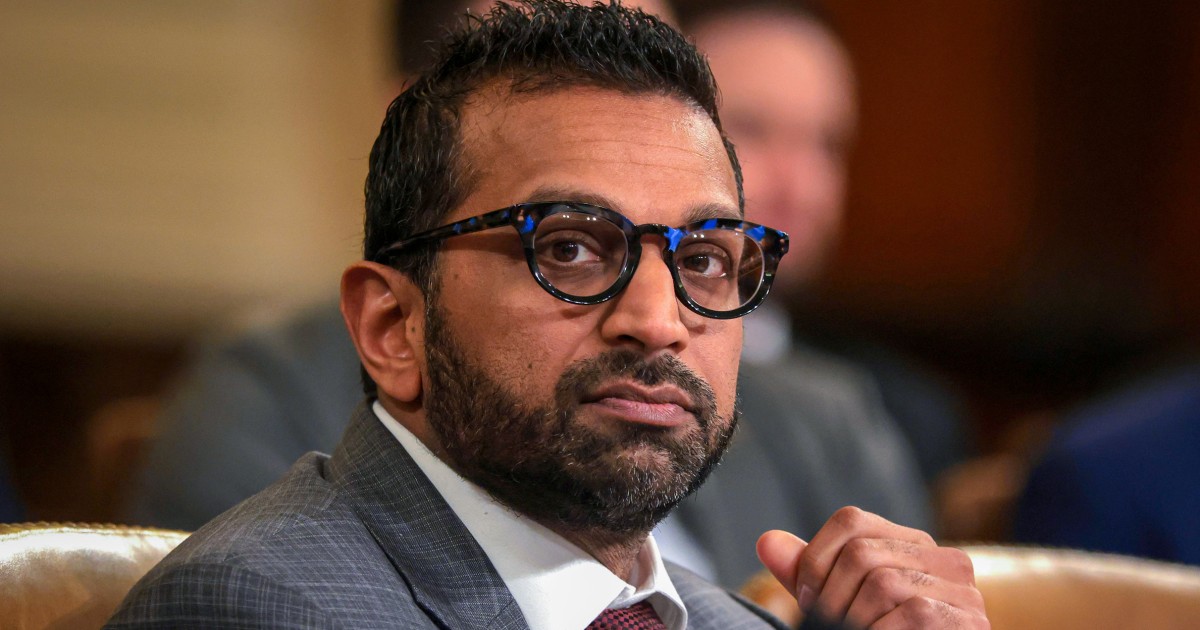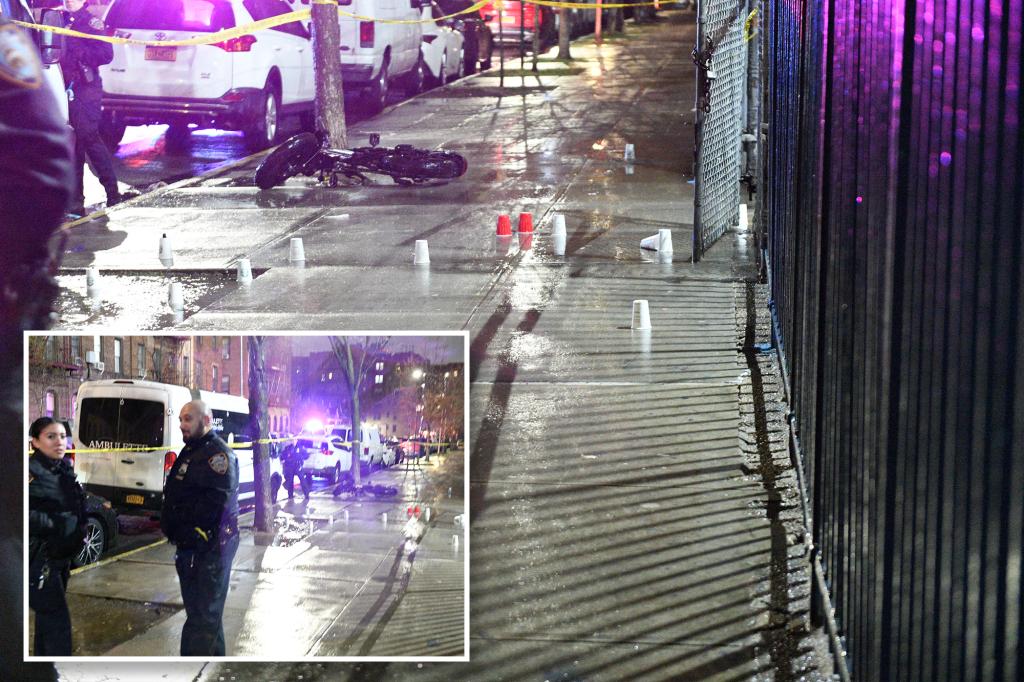Tragic Confrontation: Retired NYC Officer Dies During Welfare Check Gone Wrong
A retired New York City correction officer died in a fatal police encounter on Tuesday afternoon after a routine welfare check escalated into violence at his Long Island home. The 62-year-old veteran officer, identified as Michael Harrison, reportedly exhibited signs of mental distress before officers discharged their weapons. The incident has reignited debates about law enforcement responses to mental health crises.
Sequence of Events Leading to the Tragedy
According to Nassau County Police Commissioner Patrick Ryder, Harrison’s family requested the welfare check after not hearing from him for 48 hours and expressing concern about his deteriorating mental state. Upon arrival at the Massapequa Park residence around 3:15 p.m., officers allegedly encountered Harrison brandishing a firearm. The situation rapidly deteriorated, culminating in an officer-involved shooting.
Eyewitness accounts from neighbors paint a chaotic scene. “We heard shouting, then three quick gunshots,” said Linda Torress, who lives two doors down. “The police had their hands full with this situation from the moment they arrived.”
Mental Health and Policing: A Dangerous Intersection
Data from the Treatment Advocacy Center reveals that people with untreated mental illness are 16 times more likely to be killed during police encounters. This incident marks the fourth fatal officer-involved shooting in Nassau County since 2020 involving individuals experiencing mental health crises.
Dr. Ellen Kress, a forensic psychologist specializing in crisis intervention, explains the challenges: “When officers arrive at a scene, they’re trained to neutralize threats, not provide psychiatric care. This creates a fundamental mismatch when dealing with mental health emergencies.”
- 20% of police calls involve mental health or substance abuse issues
- Less than 5% of departments have full-time mental health professionals
- Crisis intervention training averages just 8 hours nationally
Department Response and Community Reaction
Police officials defended their officers’ actions during a press conference Wednesday morning. “Our personnel followed established protocols when faced with an imminent threat,” Commissioner Ryder stated. “This was a veteran officer who knew how to handle firearms, making the situation particularly volatile.”
However, community activists have demanded an independent investigation. “This is another example of failed systems,” said Rev. Jamal Williams of the Long Island Civil Rights Coalition. “We need mental health responders leading these calls, not armed officers.”
The Human Cost Behind the Headlines
Harrison’s 28-year career with the NYC Department of Correction earned him multiple commendations. Colleagues describe a dedicated professional who mentored younger officers. “Mike was the guy who always checked on rookies,” recalled former partner David Ruiz. “That he died this way…it’s just tragic.”
Family members confirm Harrison had been struggling with PTSD and depression since retiring in 2018. His sister, Angela Harrison-Brown, tearfully told reporters: “We called for help, not a death sentence. The system failed my brother.”
Reforming Emergency Response Protocols
The incident has spurred calls for implementing Long Island’s version of programs like NYC’s B-HEARD, which dispatches mental health professionals alongside or instead of police for psychiatric emergencies. Key proposed reforms include:
- Creating 24/7 mental health crisis response teams
- Requiring annual de-escalation training for all officers
- Establishing clear protocols for welfare checks on veterans
Nassau County Executive Bruce Blakeman announced plans to review current procedures but stopped short of committing to systemic changes. “We’ll examine this case thoroughly,” he said, “while ensuring our officers have the tools they need to protect themselves and the public.”
Looking Forward: Prevention and Policy Changes
As investigations continue, mental health advocates emphasize this tragedy underscores broader societal failures. “We warehouse people in prisons instead of treating them in hospitals,” notes Kress. “Until we properly fund mental healthcare, these incidents will keep happening.”
The Harrison family has established a memorial fund to support mental health services for first responders. For those wishing to honor Michael Harrison’s legacy, consider contacting local representatives to advocate for crisis response reform or donating to organizations that support mental health initiatives in the criminal justice community.
See more Update My News



